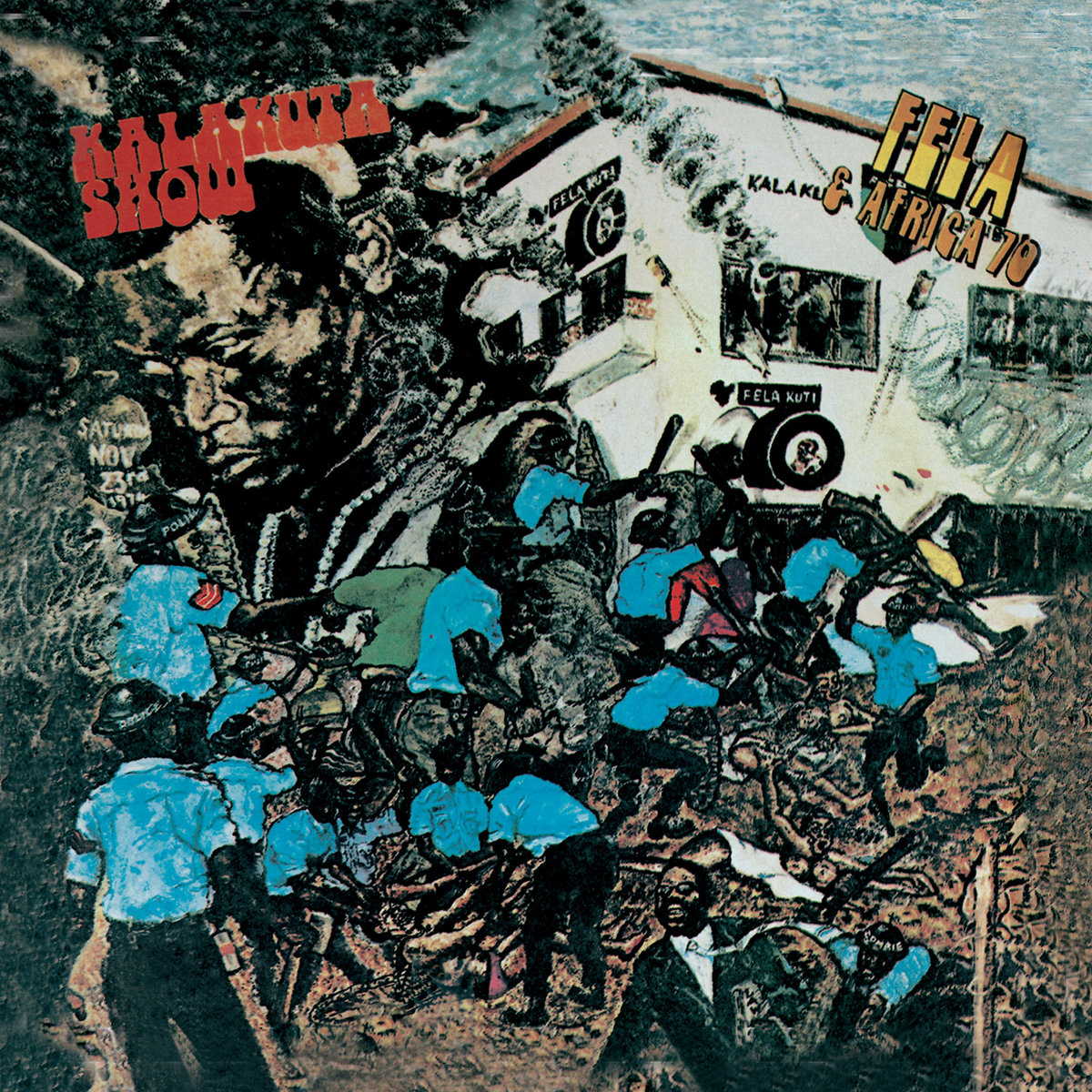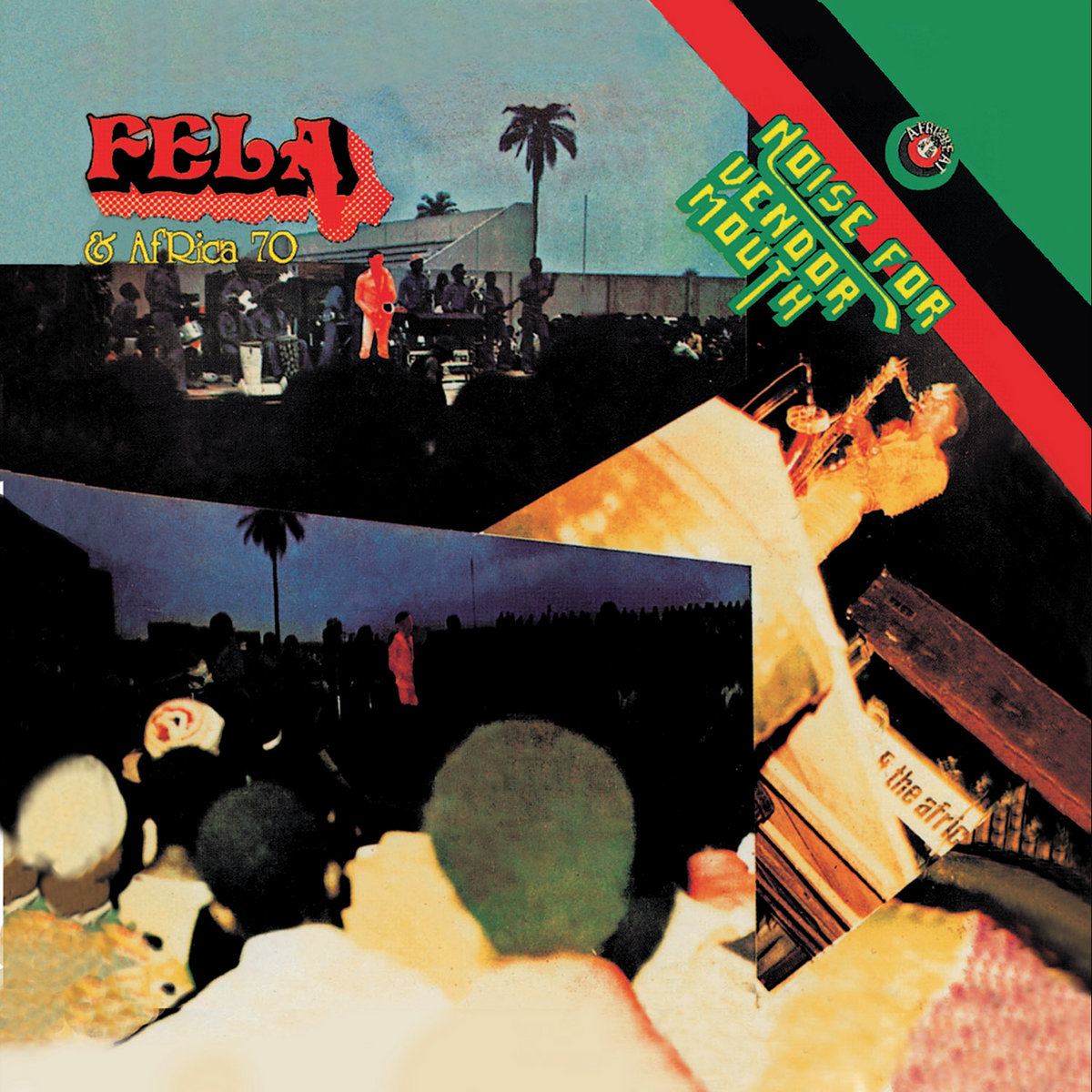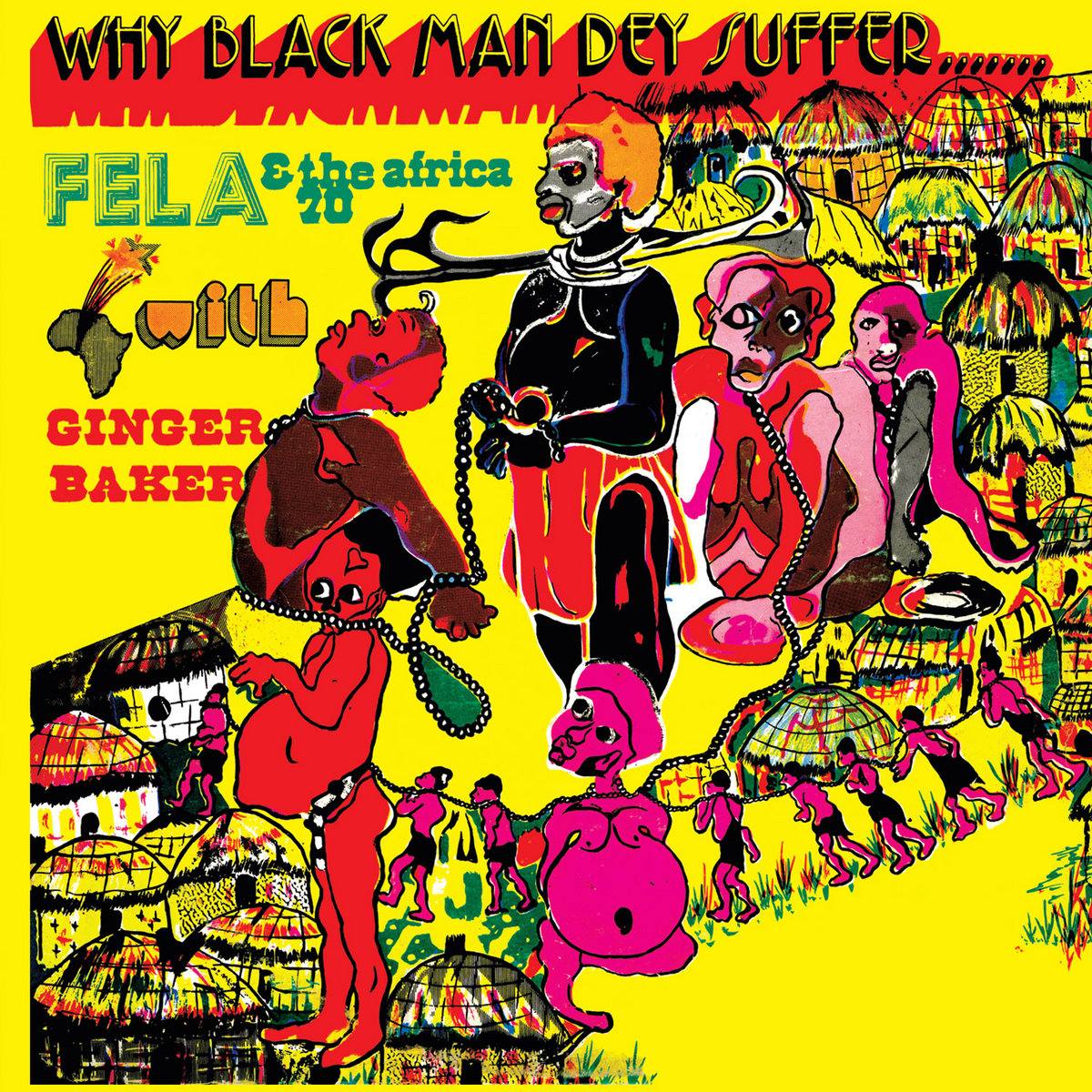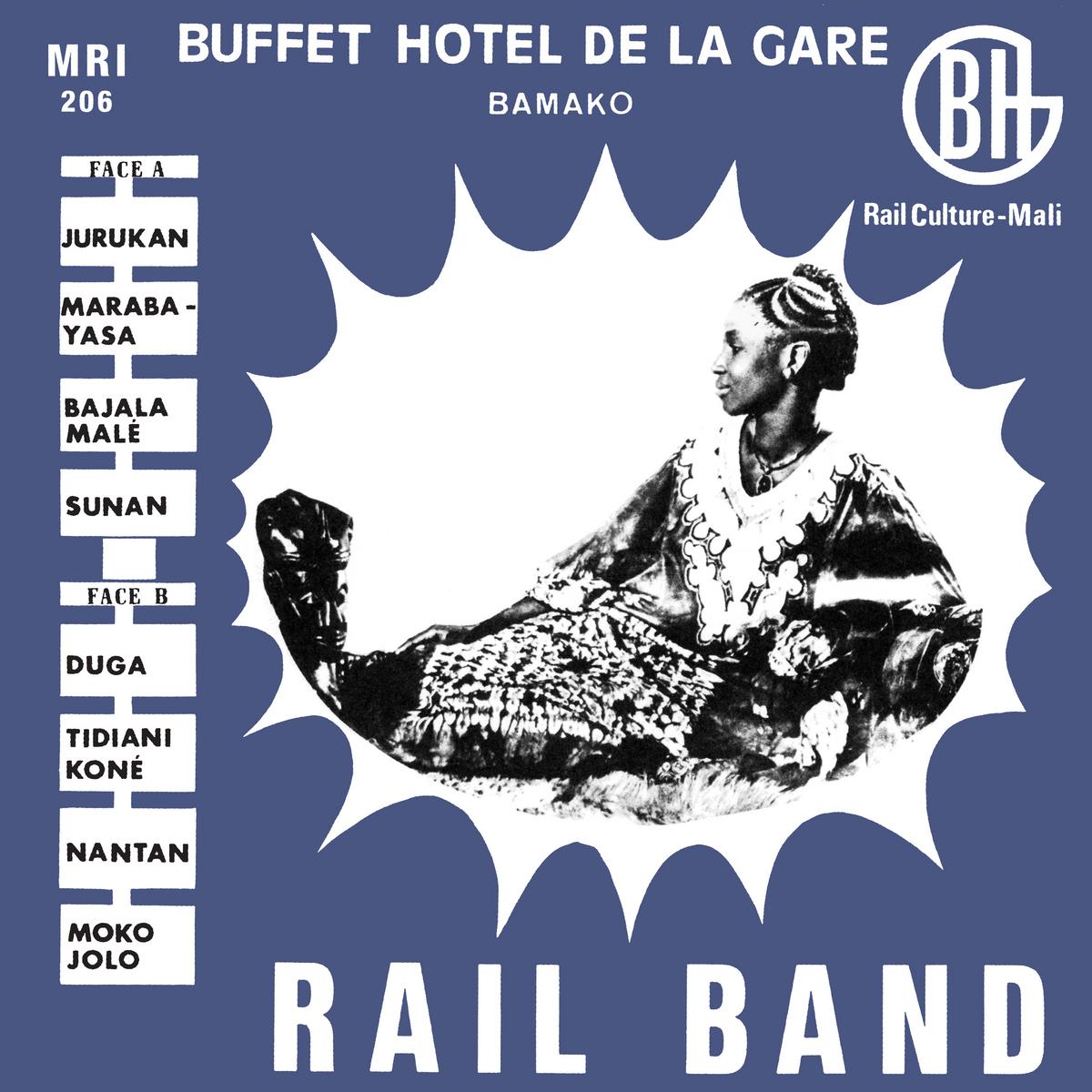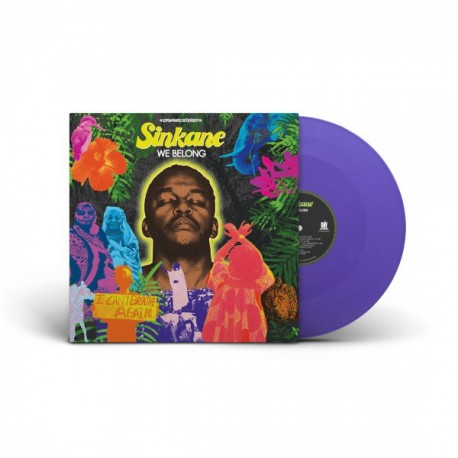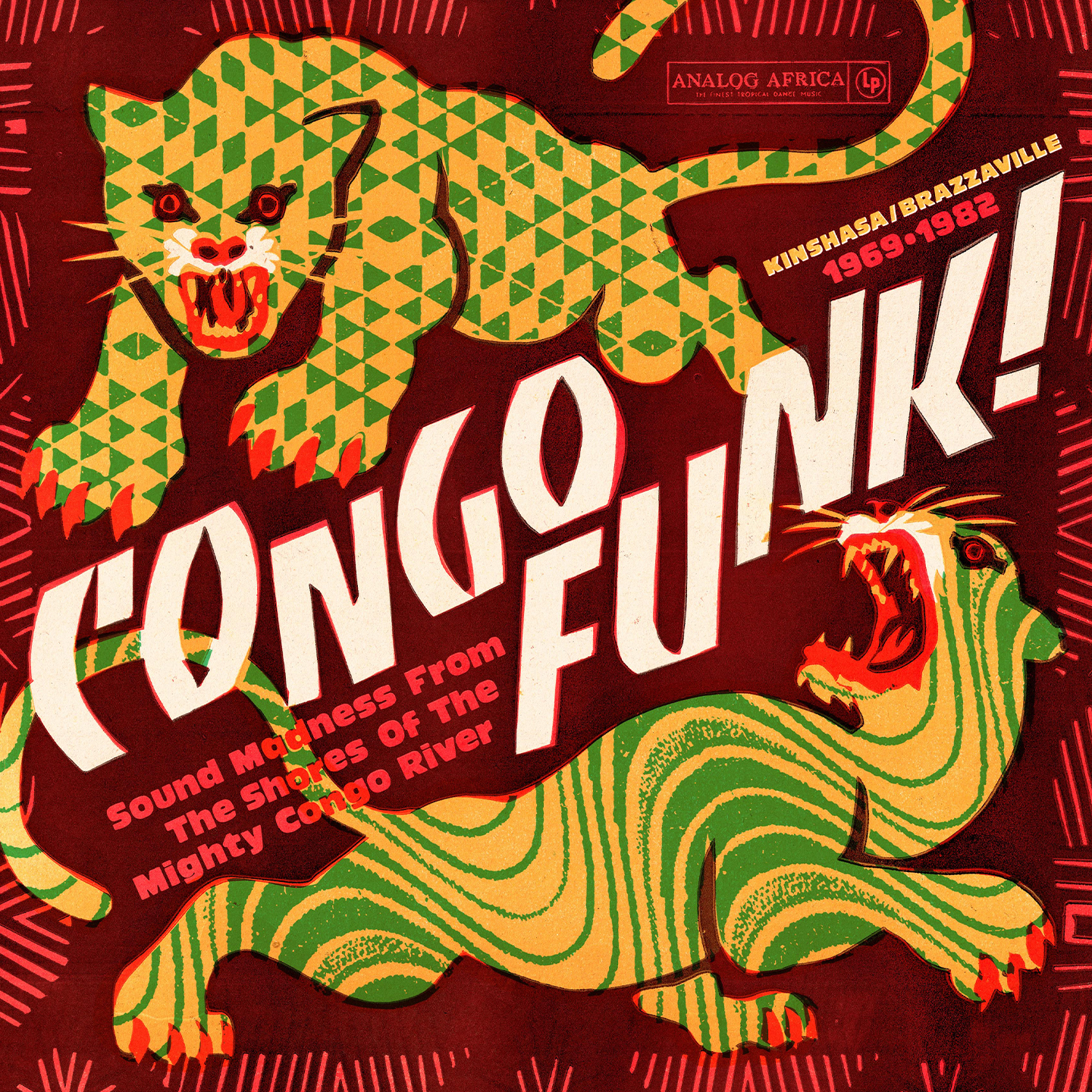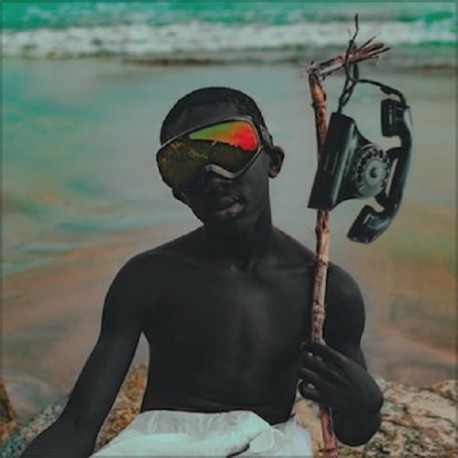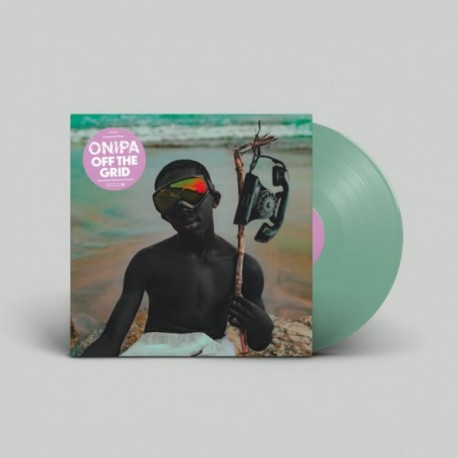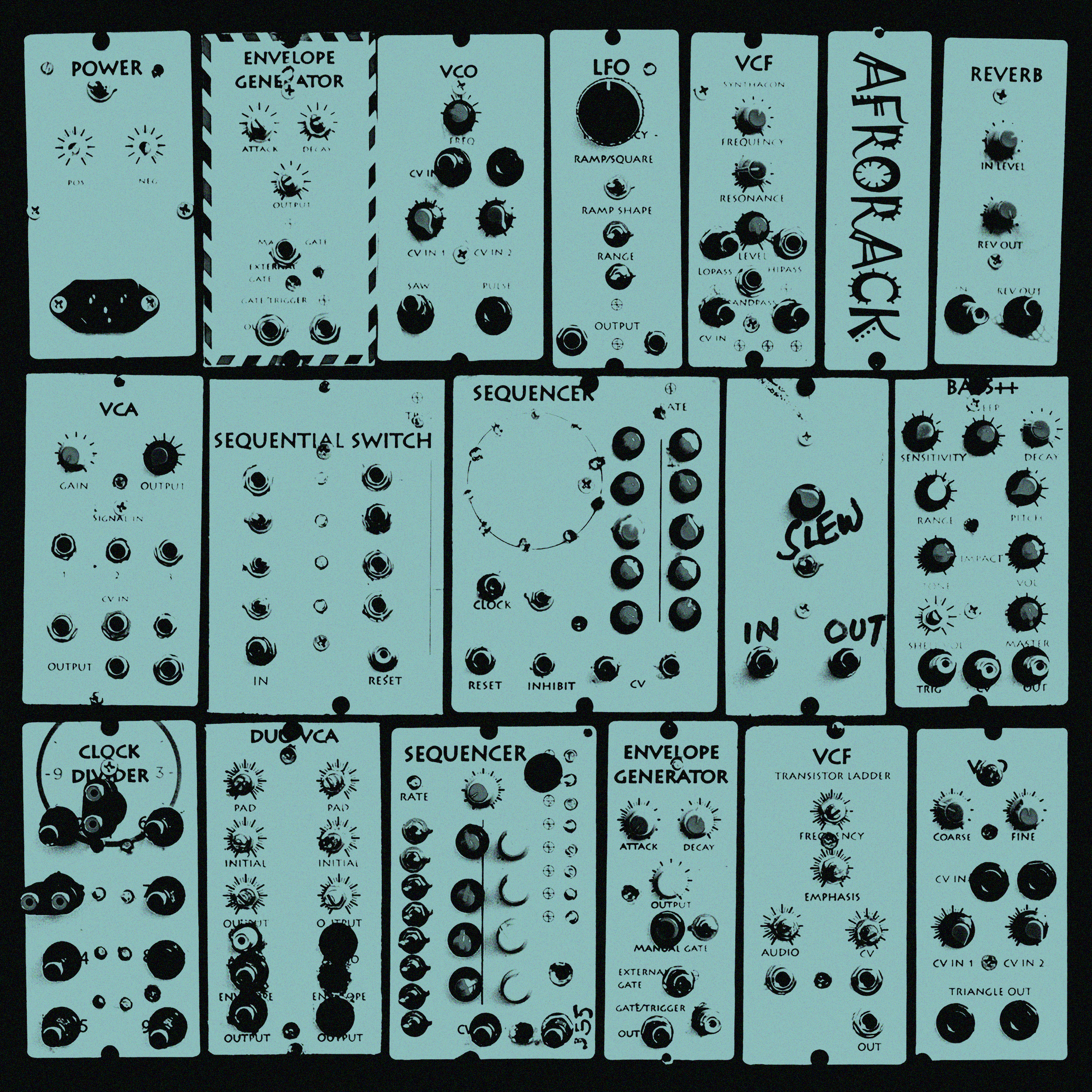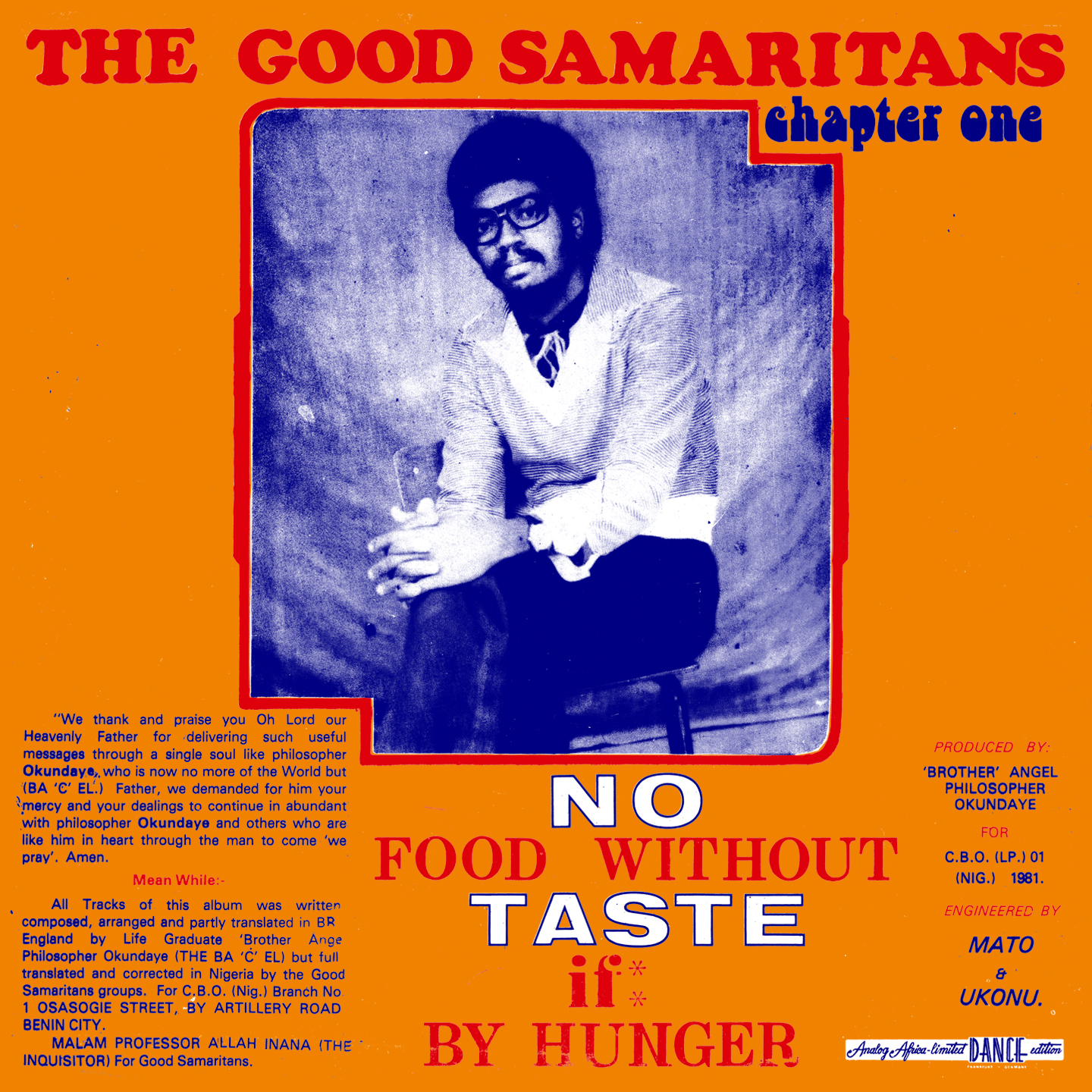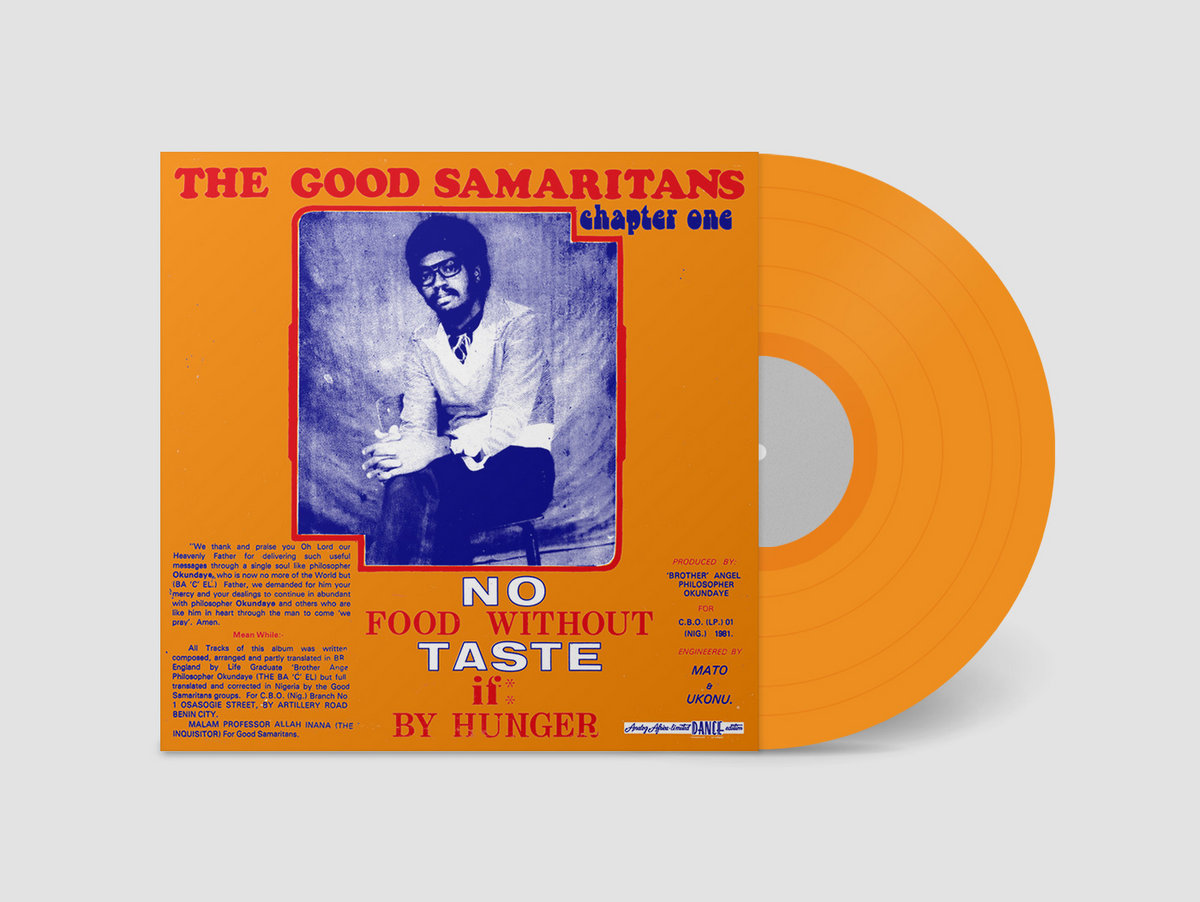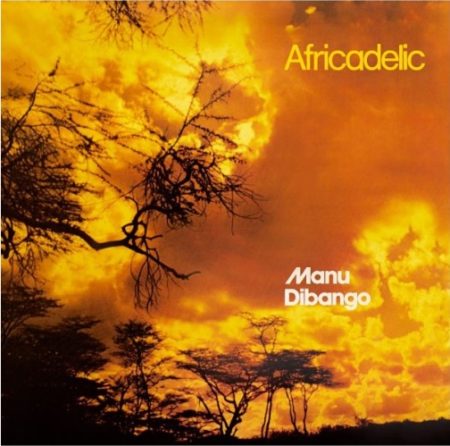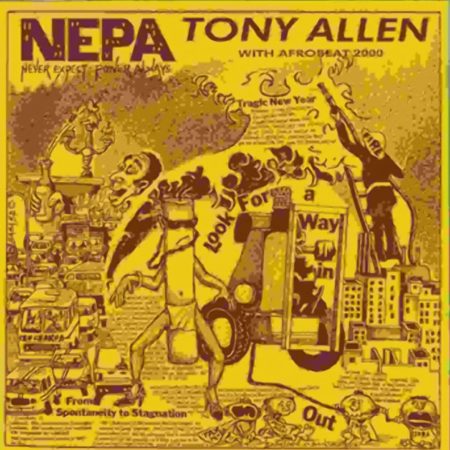AFRIQUE
Filters
Done-
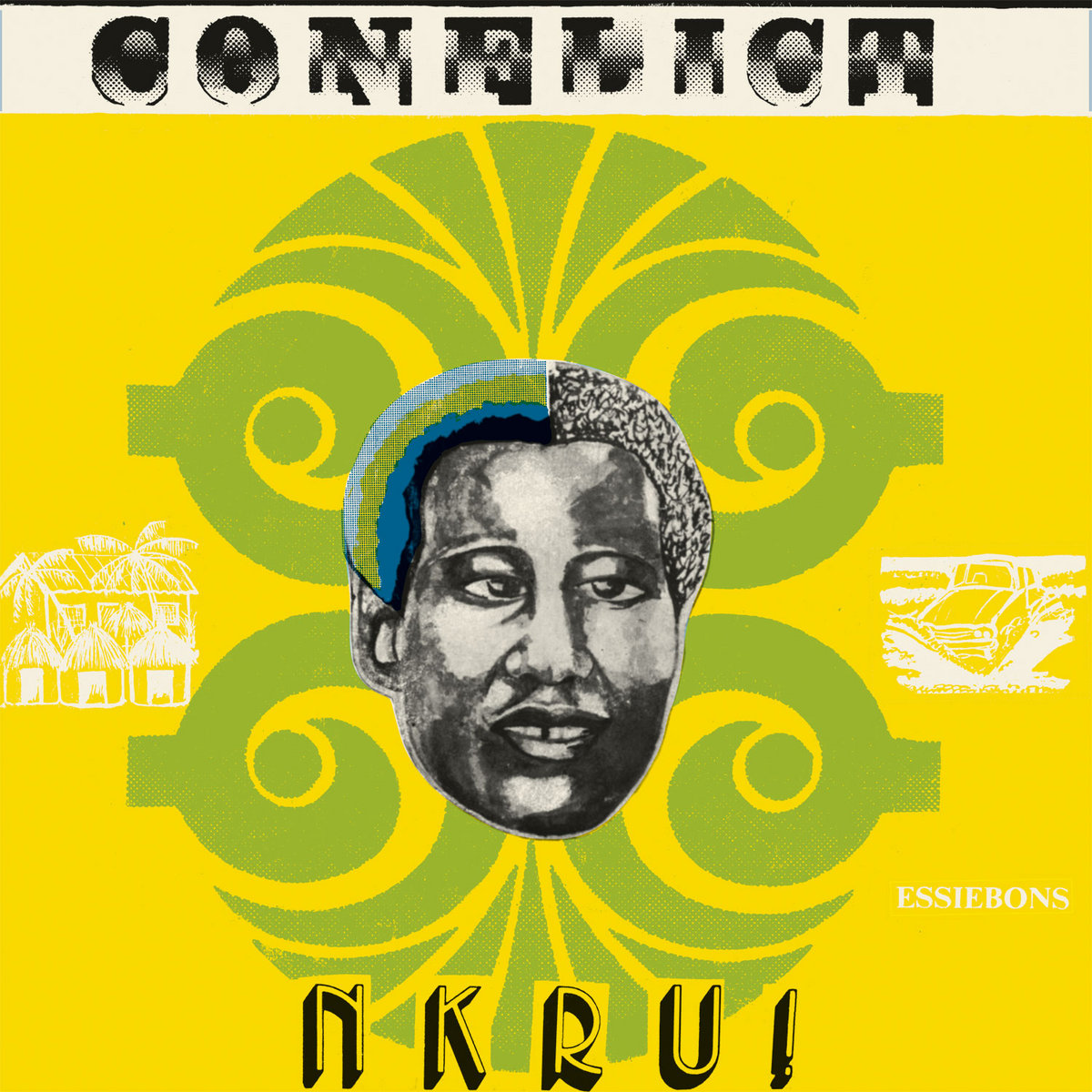 En cours de réapprovisionnement
24,50€
En cours de réapprovisionnement
24,50€Conflict was originally released in 1980 and is finally seeing a long overdue reissue on Mr Bongo, following a partial remake as part of Taylorʼs 2009 Love and Death album.
The five tracks that make up Conflict are a perfect example of Taylorʼs trademark approach that saw him inject a heavy dose of funk into Ghanaʼs traditional highlife grooves in an attempt to move away from what he saw as the musicʼs more traditional qualities.
-
 24,50€
24,50€Tough, mid-tempo Ghanaian funk & Highlife grooves from Ebo Taylor Junior, son of the mighty Ebo Taylor. Originally released in 1978; now extremely difficult and expensive to find in its original form.
Today Ebo Taylor Jnr plays keys in his fathers band that continues to tour when he is able to.
-
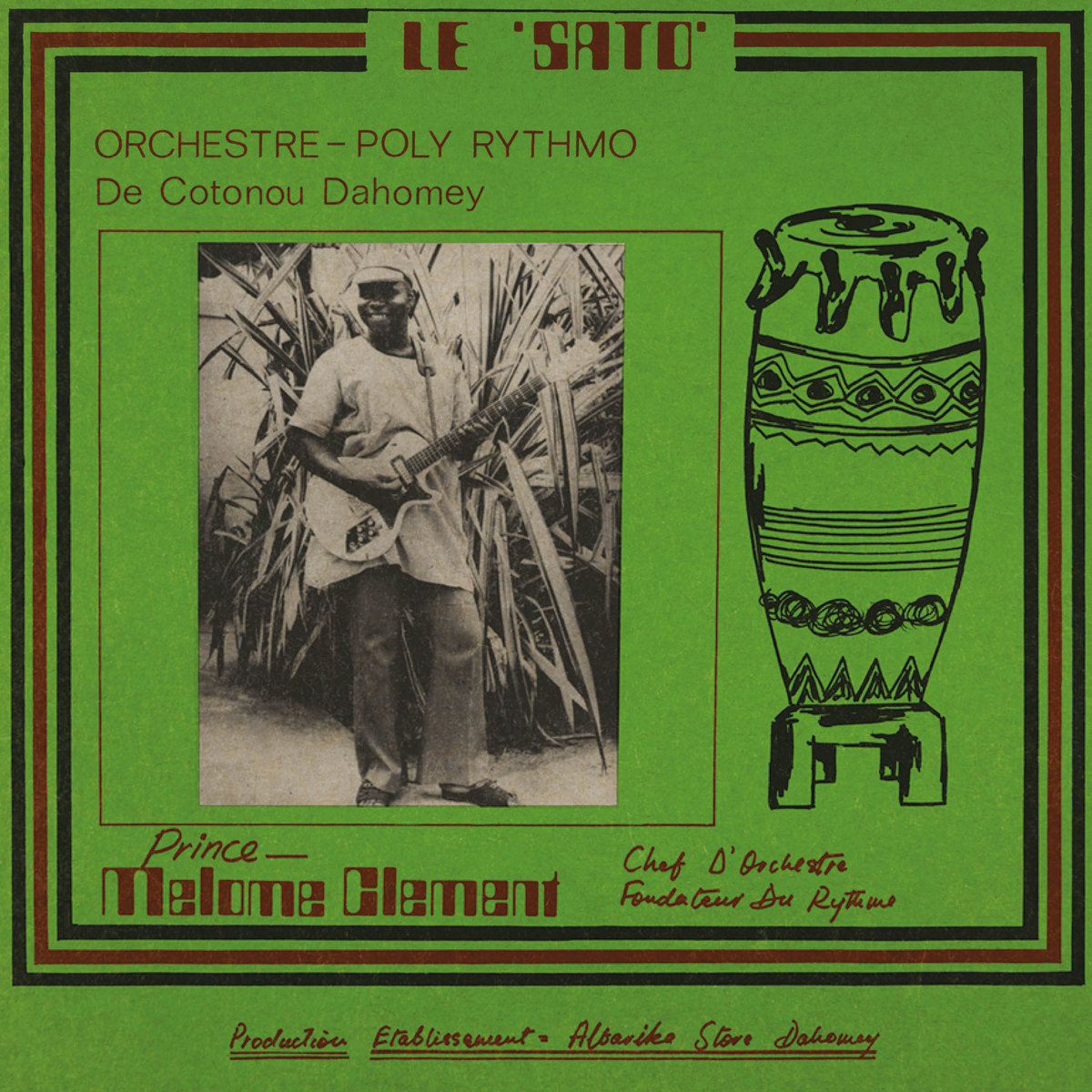 En cours de réapprovisionnement
30,90€
En cours de réapprovisionnement
30,90€Acid Jazz Records continue their exclusive licensing agreement with Albarika Store, the legendary record label that defined the sound of Benin and influenced the entire region of West Africa and beyond.
Recorded and issued in 1974, Le Sato is one of the earliest releases on the Albarika label and it is also one of the deepest.
Sato is the term for the traditional rhythms that soundtrack Vodun (Voodoo) rituals and ceremonies in Benin. Performance of Sato is reserved for these sacred rites, which evoke the spirits of the dead and can last for several days and attract hundreds of people. Sato rhythms cannot be played outside of Vodun.
A large ceremonial Sato drum is used, which measured over 1.5m in height. This drum is played using wooden stick beaters, the drummer dancing while playing. The Sato drummers are supported by percussionists and other drummers playing smaller drums. Together, they create unique, layered, trance-inducing poly-rhythms.
-

 26,90€
26,90€SORTIE LE 05 AVRIL 2024
Version vinyle bleu translucide de Rail Band, l’album éponyme du groupe malien sorti en 1973, avec Salif Keita et Mory Kanté au chant. L’un des disques de guitare les plus grands, les plus puissants et les plus recherchés de l’Afrique de l’Ouest des années 1970, qui mélange funk américain, jazz et musique afro-cubaine, reflété par la tradition séculaire de Mandé.
-
 37,50€
37,50€SORTIE LE 05 AVRIL 2024
Version double vinyle de Congo Funk!, la nouvelle compilation Analog Africa qui rassemble 14 titres aux multiples facettes des airs funky, hypnotiques et schizophréniques émanant des deux capitales congolaises nichées sur les rives du fleuve Congo dans les années 70. On y trouve notamment l’émergence d’un nouveau son dans lequel la rumba hyperactive était mélangée à des éléments de psyché et de funk.
-
 En cours de réapprovisionnement
25,50€
En cours de réapprovisionnement
25,50€SORTIE LE 26 MAI 2023
Le producteur et fabricant de synthés ougandais Brian Bamanya, alias Afrorack, est responsable de la construction du premier synthétiseur modulaire DIY d’Afrique, un énorme mur de modules et d’unités FX faits maison qu’il a baptisé, à juste titre, The Afrorack.
